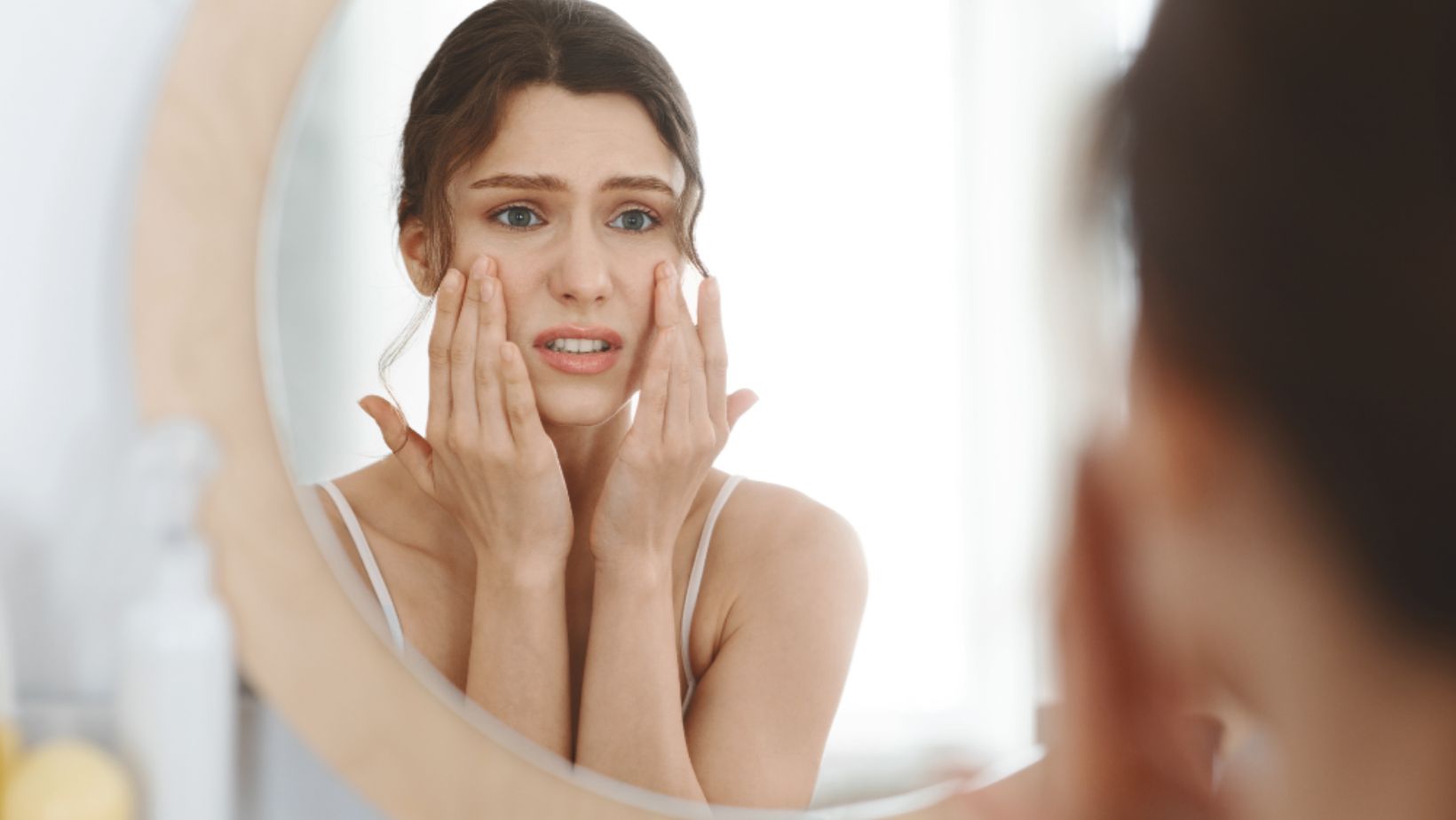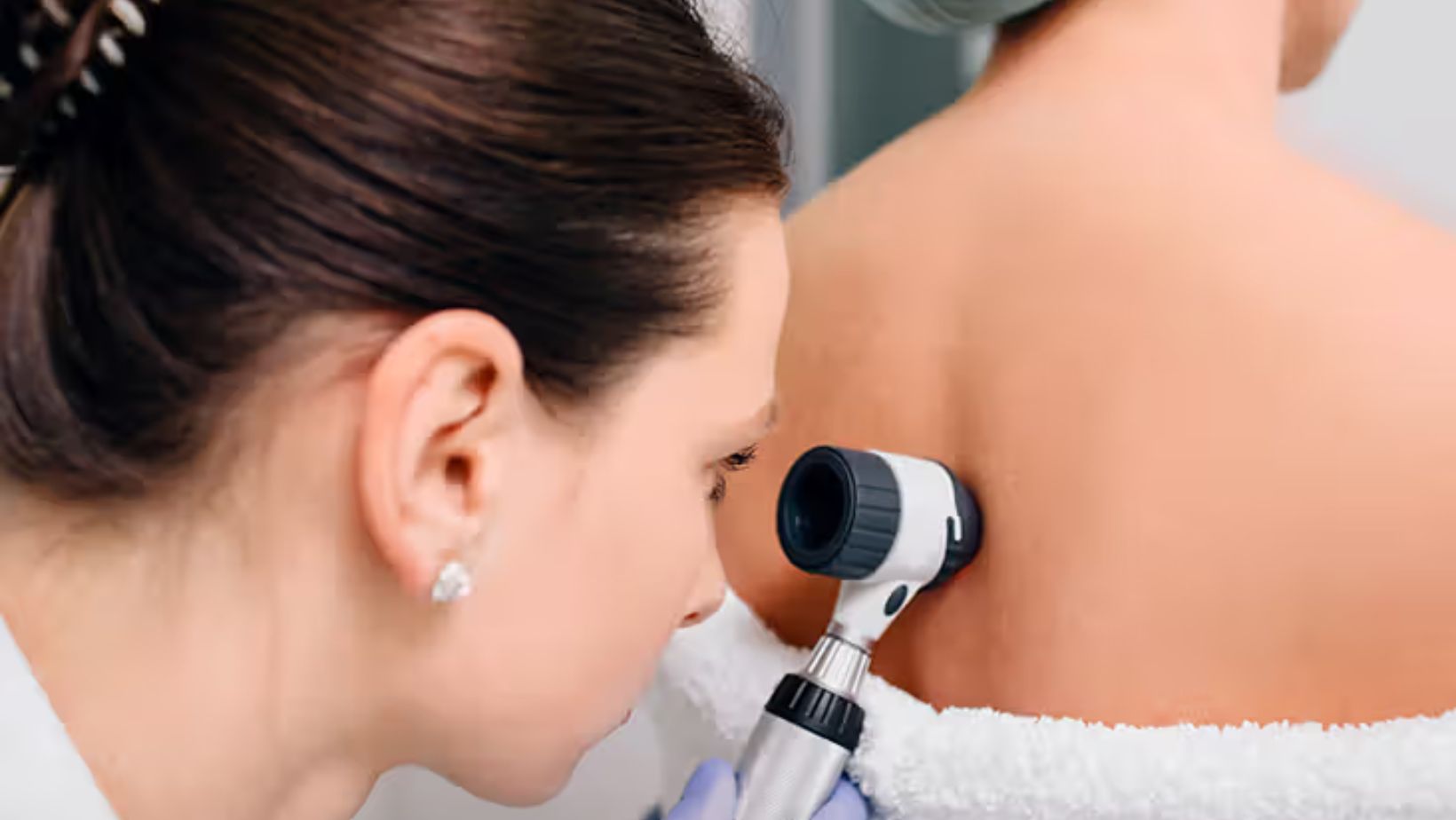A new study from Temple University’s Lewis Katz School of Medicine (LKSOM) has found a significant link between psychological stress and various skin conditions in undergraduate students. Published in the international journal Acta Dermato-Venereologica, the research highlights the impact of stress on skin health, suggesting that dermatologists and healthcare providers should consider stress levels when treating young adults with skin complaints.
Psychological Stress and Skin: A Clear Connection

While previous studies have explored the relationship between stress and skin issues, many were limited by small sample sizes or anecdotal evidence. This new study, led by Dr. Gil Yosipovitch, Chair of the Department of Dermatology at LKSOM and Director of the Temple Itch Center, aimed to provide a more comprehensive analysis using a standardized approach.
During the fall semester of 2014, researchers invited 5,000 undergraduate students at Temple University to participate in an online survey assessing their perceived psychological stress and skin-related symptoms. A total of 422 students completed the survey, providing valuable insight into the effects of stress on skin health.
High Psychological Stress Linked to Multiple Skin Conditions

Participants were categorized into three groups based on their reported low, moderate, and high-stress levels. The findings showed that students experiencing high levels of stress were significantly more likely to report a variety of skin issues, including:
- Pruritus (itchy skin)
- Alopecia (hair loss)
- Oily, waxy, or flaky scalp patches
- Hyperhidrosis (excessive sweating)
- Scaly skin
- Onychophagia (nail biting)
- Itchy rash on hands
- Trichotillomania (hair pulling)
Researchers found no direct link between stress levels and conditions like acne, dry or sore rashes, warts, or other facial rashes.
Implications for Healthcare and Treatment

Despite some study limitations—such as the lack of physical assessment and a relatively low response rate—Dr. Yosipovitch believes the findings are crucial for dermatologists treating young adults. “Our findings highlight the need for healthcare providers to ask undergraduate-aged patients about their perceived stress levels. If a skin condition worsens despite treatment, it may not necessarily indicate treatment failure but rather an increase in psychological stress,” he explained.
The study also suggests that non-medicated treatments, such as stress management techniques and mental health support, could benefit students experiencing skin problems and high-stress levels. As colleges continue to address student wellness, understanding the link between stress and skin health may lead to better, more holistic approaches to treatment and care.
Reference: C Schut, N Mollanazar, M Sethi, L Nattkemper, R Valdes-Rodriguez, M Lovell, G Calzaferri, G Yosipovitch. Psychological Stress and Skin Symptoms in College Students: Results of a Cross-sectional Web-based Questionnaire Study. Acta Dermato Venereologica, 2014

